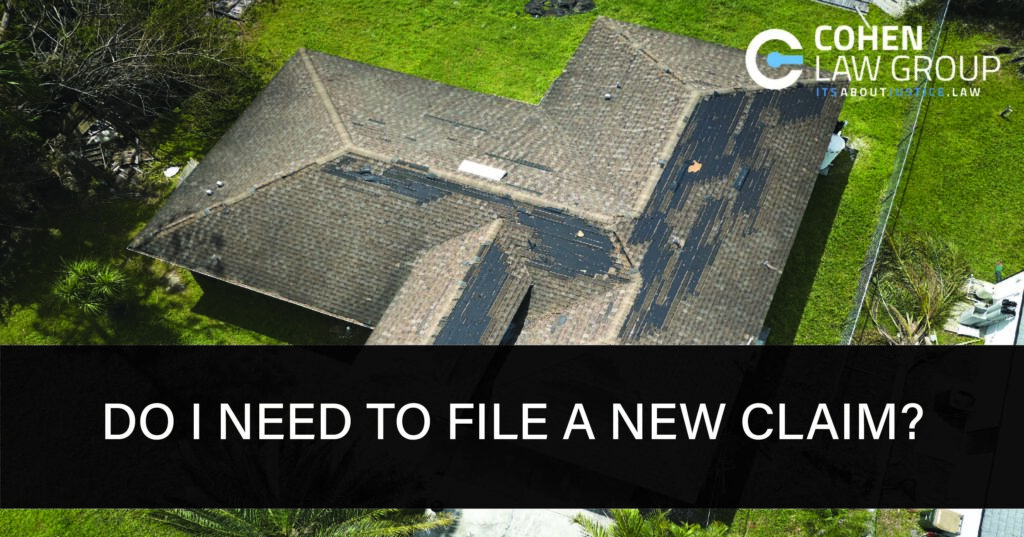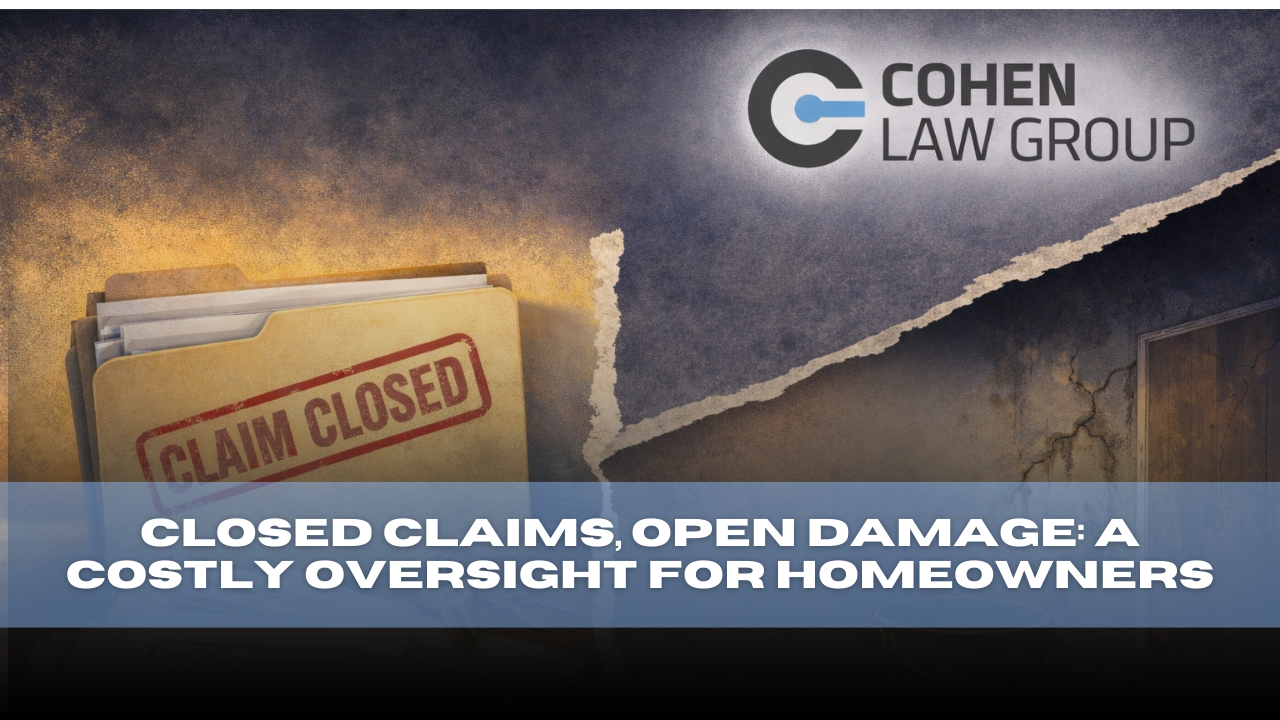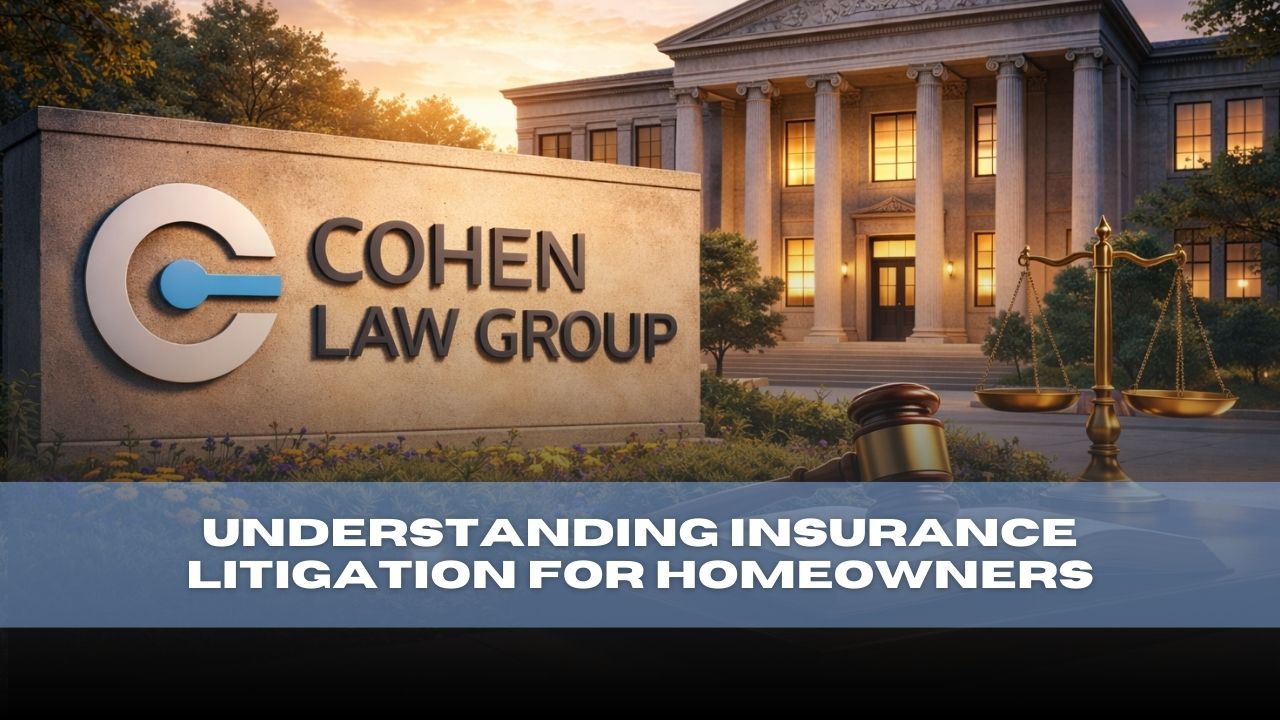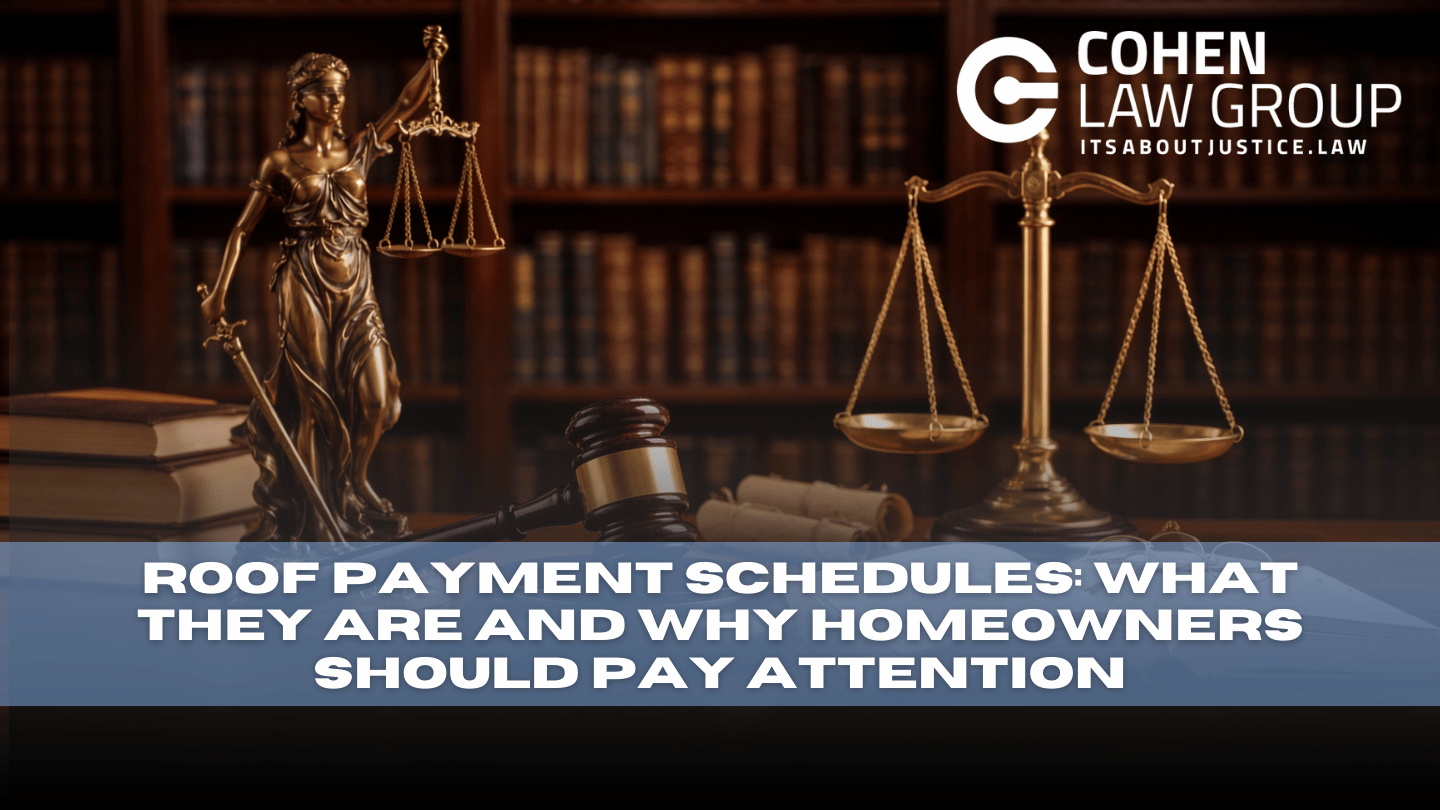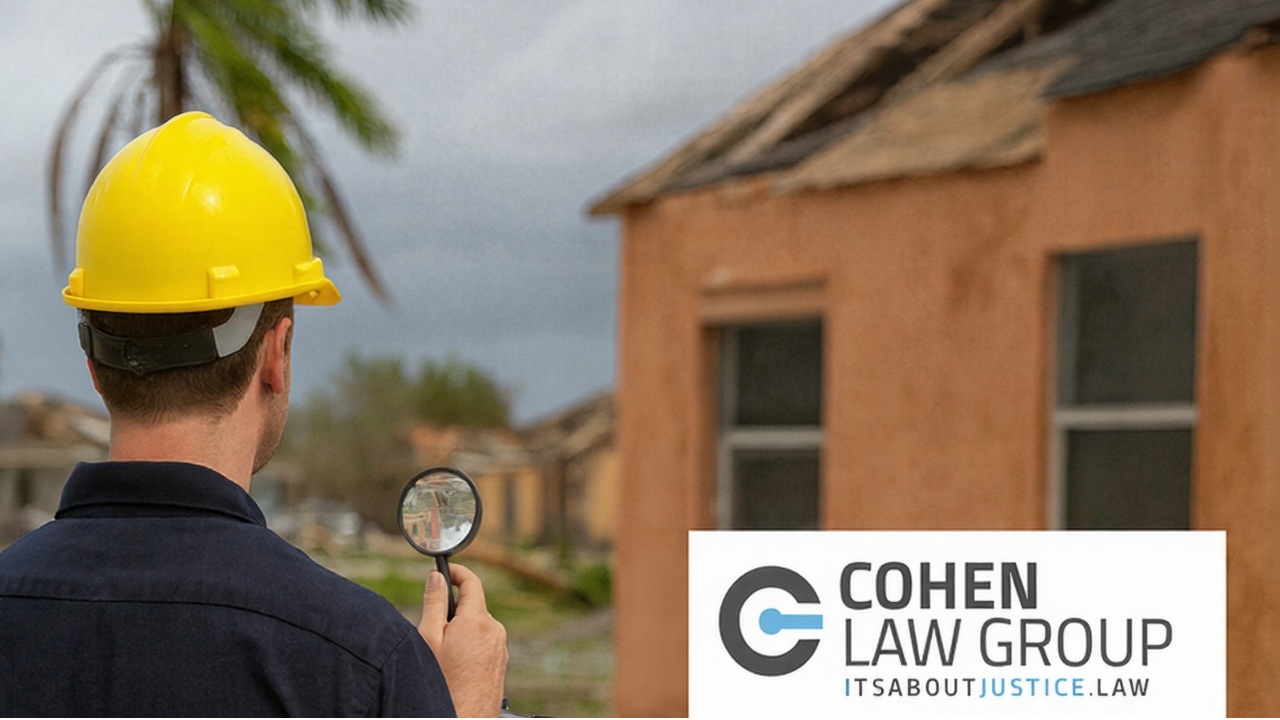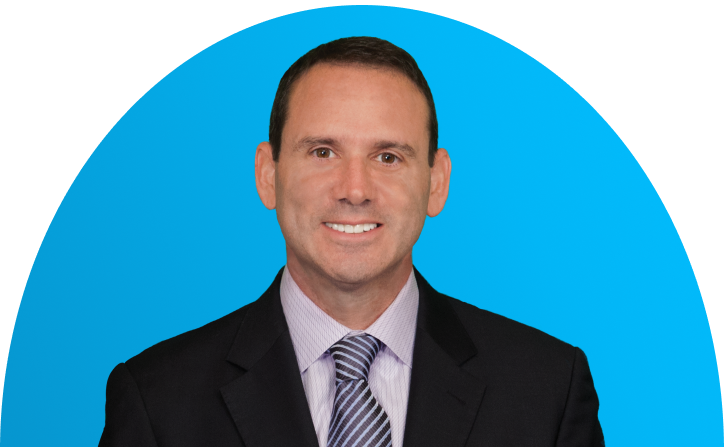If you have already made a claim on your home before, you are likely in one of three different situations that would require reporting the damages to your carrier. It can be confusing at times to know what your next best steps are, which is why it is best to call the carrier or your legal counsel when in doubt.
In the first scenario, you made a previous claim, you have since resolved the damages, and you are now seeing damages not present before. Be sure to have read and understood any terms or documents associated with the resolution of that claim, as you may have signed a Release that exonerated the carrier from providing any further indemnification until your damaged property associated with the resolved claim is repaired or replaced. Otherwise, damages not present before in this situation should be treated as a new claim distinct from the older resolved one.
In the second and third scenarios, you made a previous claim but have not resolved the damages and are still in dispute of the carrier’s coverage determination. However, you are now seeing damages you were not aware of before. This situation will require you to be aware of the terms and definitions of your insurance policy. Depending on the terms of your policy and the manner in which these newly discovered damages arose, you may either have a supplemental claim or a new distinct claim for damages. It is usually considered a supplemental claim if the damages are derived from the same occurrence or cause as the previously reported claim (i.e. finding water damages in the attic that derive from Hurricane Ian, but were not discovered upon the initial investigation of damages to roofing and siding.) It is usually considered a new claim distinct from the previous claim if you have knowledge or another way of being certain that a new event caused damage to your property (i.e. having Hurricane Ian damages previously, and now witnessing new damages from Hurricane Idalia). In either case, the damages should be promptly reported to the carrier.
In any of these situations, be careful to balance your policy obligation to allow inspection and investigation of the damages by the carrier with your policy obligation to prevent further damage to the property. Prompt reporting and push for investigation of the damages is key here since you do not want to change the condition of the property between the incidence of damage and the carrier’s inspection if you can help it.
The overarching themes here are to be aware of the condition of your property, and report damages as close to their occurrence as possible. Ask your carrier and/or your legal counsel questions if you are not sure and read your policy. If you already have legal counsel, it is always best practice to call them first to discuss new events or discoveries. Our office is open Mondays through Thursdays 8:30 am to 5:30 pm EST, closing at 4:30 pm EST on Fridays, and is still available to call 24/7 at (407)478-4878.
Bryce Uy, Esq.

